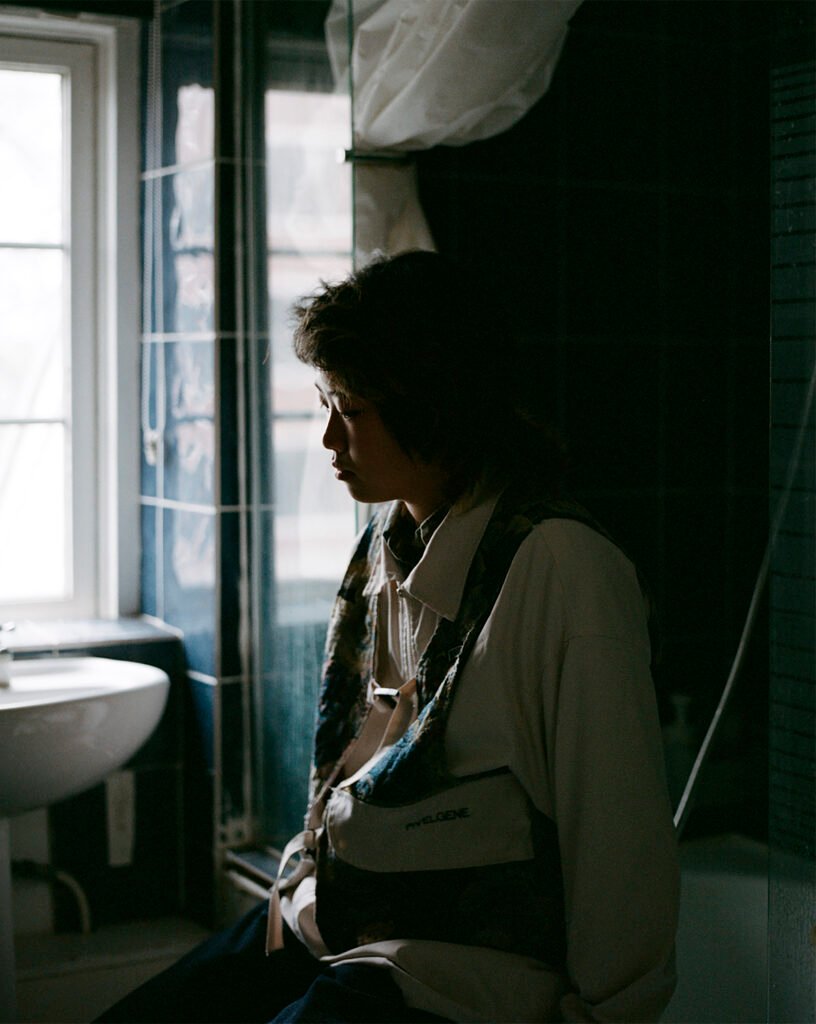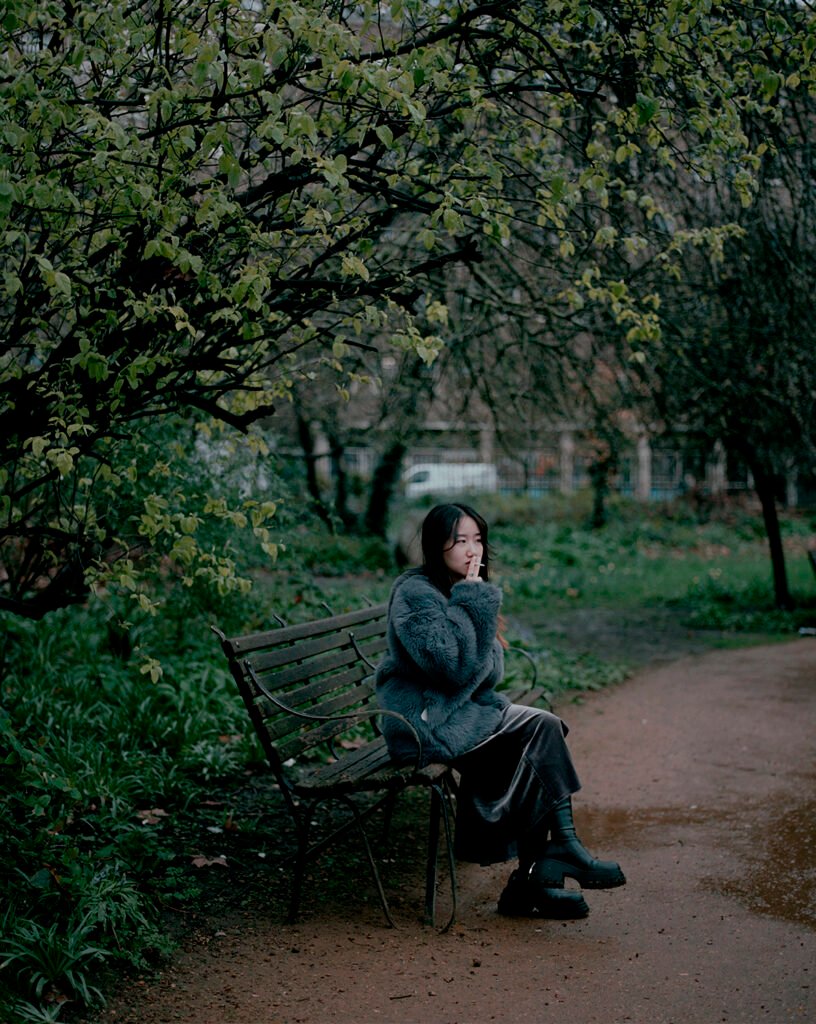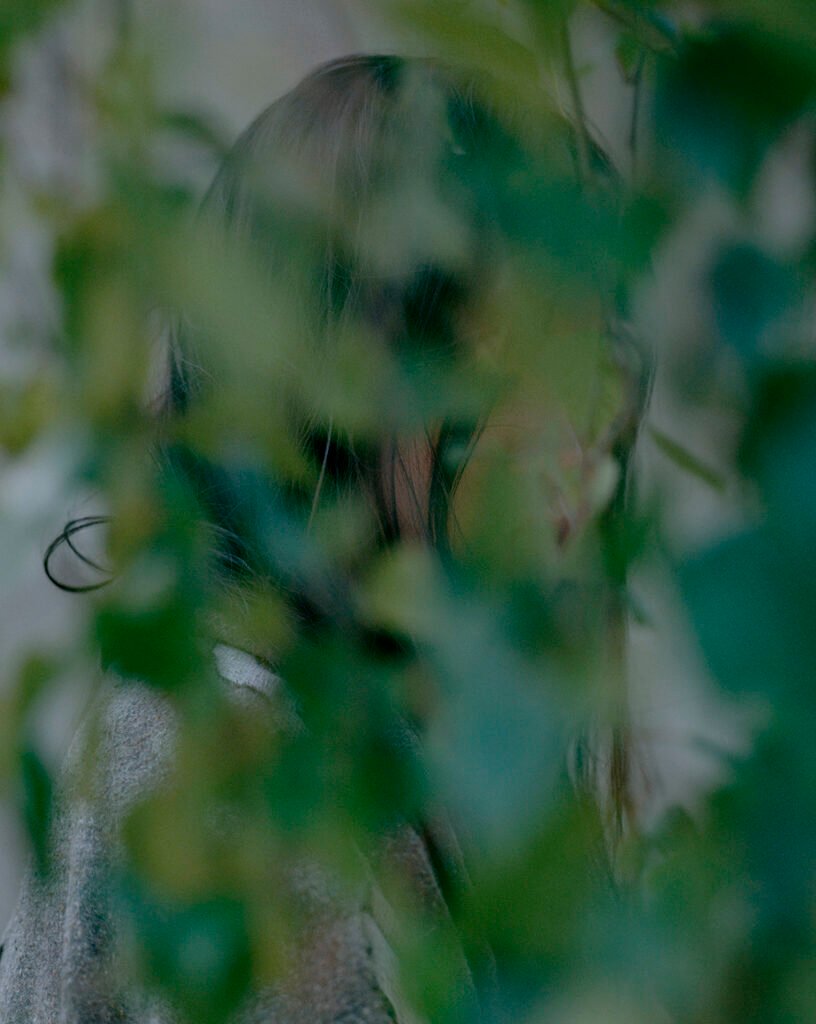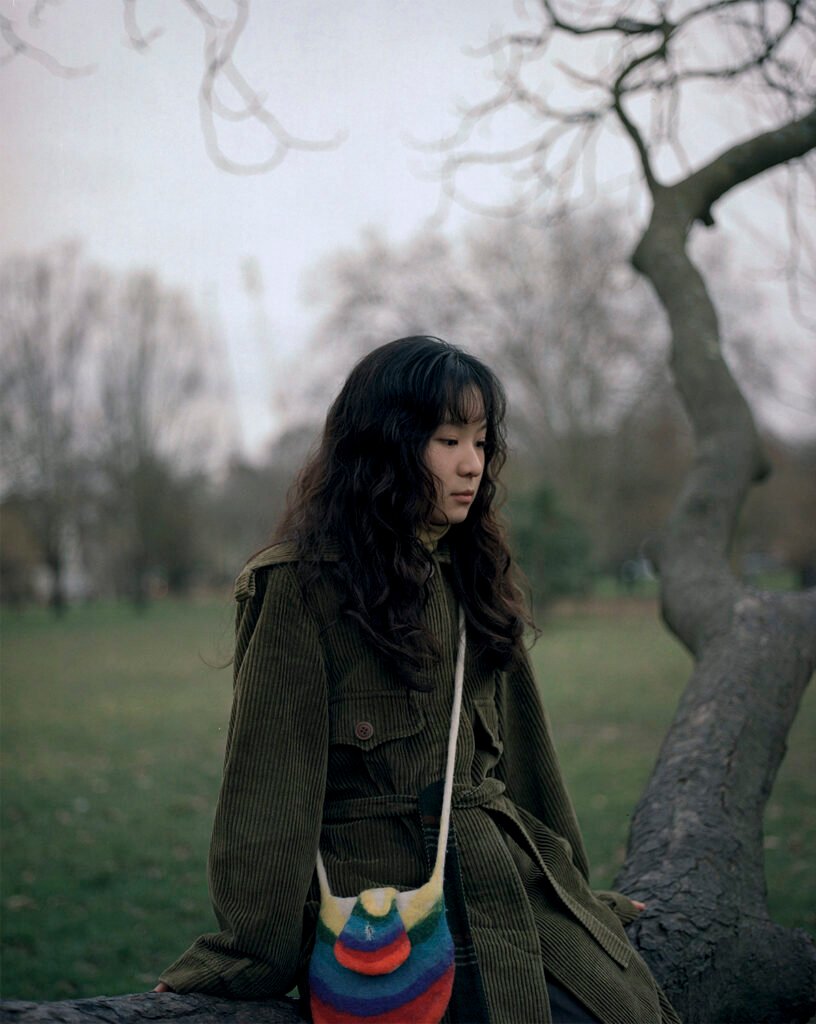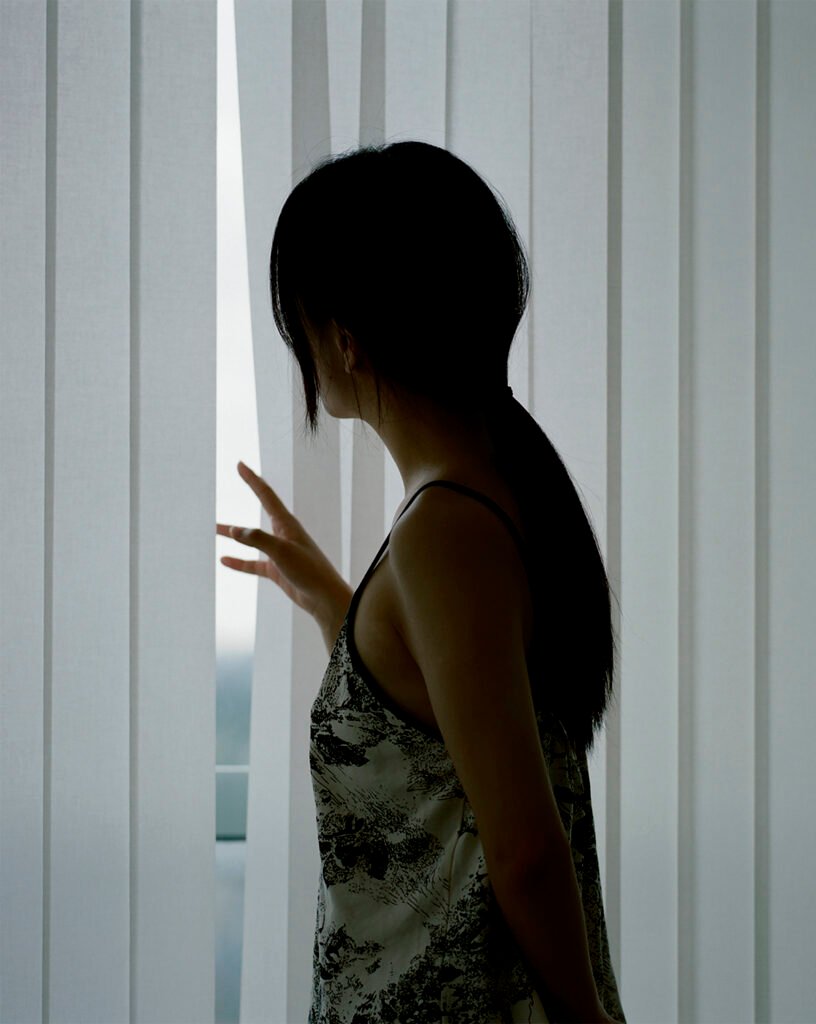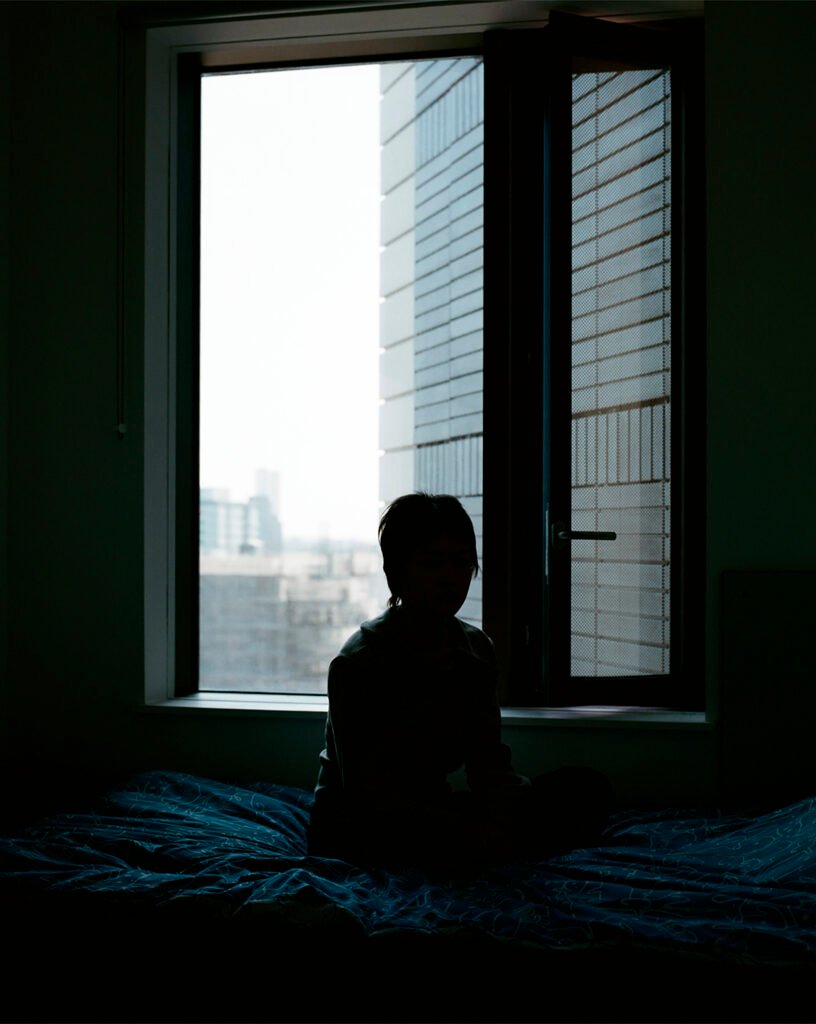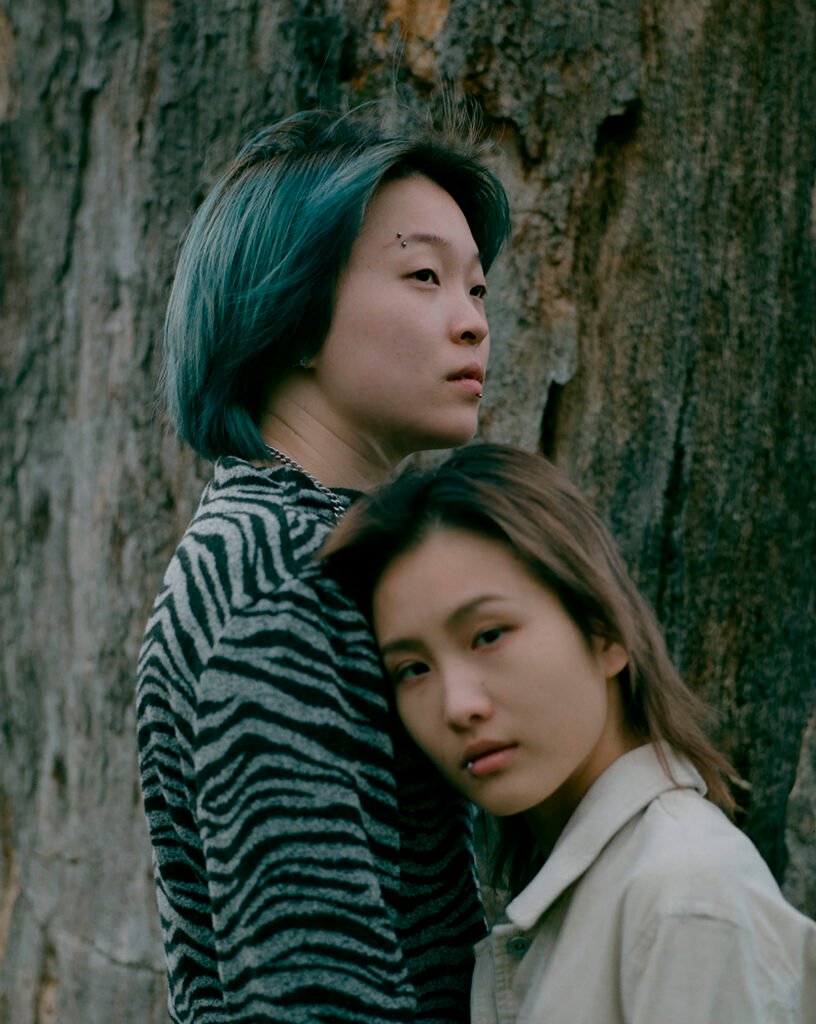Geyujing Shen was born in a small city in Zhejiang, China, where the subtropical climate has brought evergreen tree species everywhere, bringing economic benefits and maintaining the local ecology, but people are mostly oblivious to their presence—just as women are experiencing in China, and with the status of queer, the way trees are treated deepens Geyujing’s anxiety about identity, presence, and visibility.
After arriving in London, Geyujing sought to find Chinese female queers who shared her own experiences and listened to their stories to explore the psychological state and spiritual world of them in a foreign country. Under the three keywords of Chinese, female, and queer, how do they place themselves in a foreign country; How do they reconnect with their gender identity in a new environment? How do they practice trusting, giving, and taking from others who are unfamiliar to them? How do they find their unfinished self in a different culture and community? And how do they look back on their experiences of growing up in mainland China? Meanwhile, drawing from personal growth experience, she uses poetic narratives to delve into the unique life course of Chinese female queers which differs from the mainstream heterosexual life experiences, trying to empathize with their pain and confusion.
This visual research explores how poetic narratives, through indeterminate images, images of trees and portraits, can break away from time and flatness to connect on an emotional level with Chinese female queers living in a foreign land, exploring the meaning of their homeland, the weight of loneliness and their anxieties about their identity.
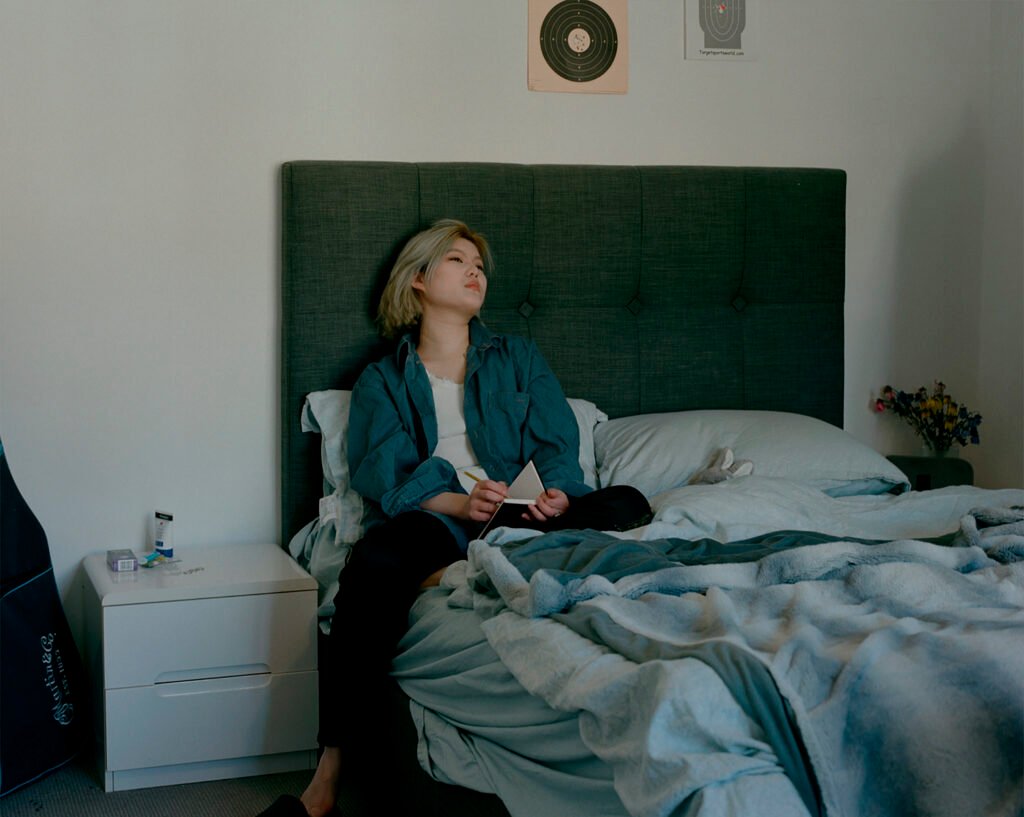

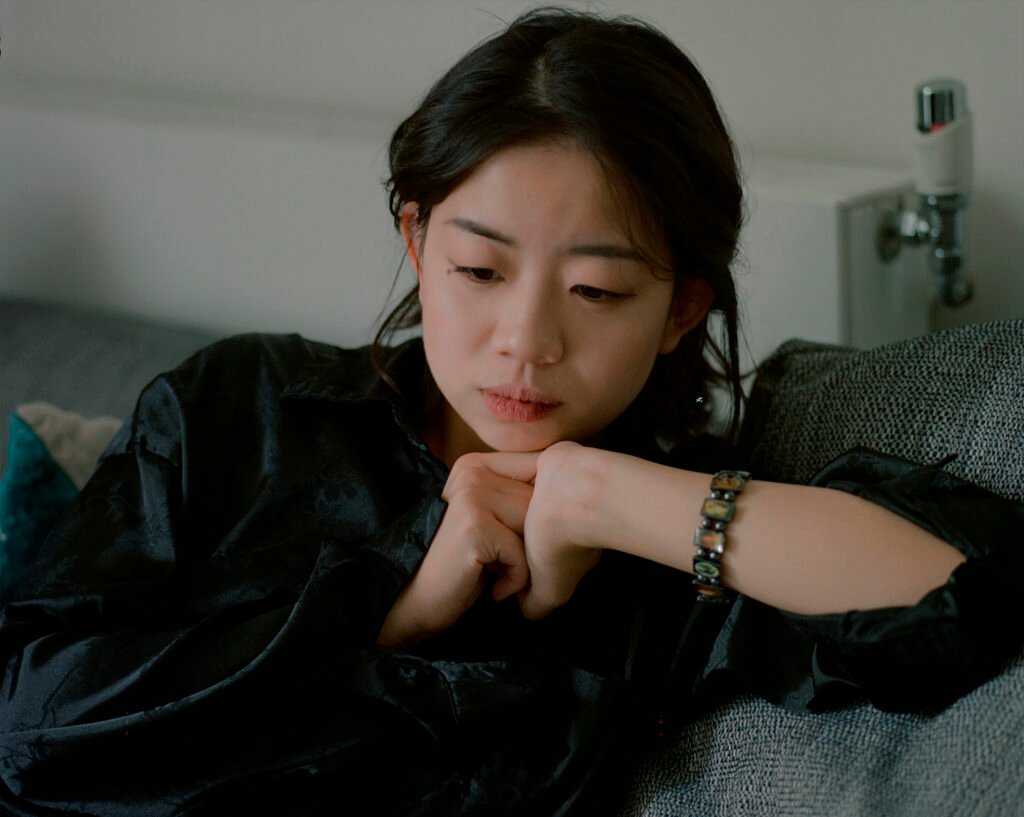
Geyujing Shen was born in 1999 in Jiaxing, Zhejiang Province, China, and graduated with an MA in Photography and Urban Cultures at Goldsmiths College, University of London. Her works focus on urban-rural migration, collective memory, intimacy, and identity; In her ongoing project Whether Every Tree’s Birthday Falls In the Spring, she attempts to discuss the significance of belonging and community space for the Chinese female queers who live in London from personal memory. Jing’s work has been exhibited in London, Shanghai, Hangzhou, and Xiamen.

